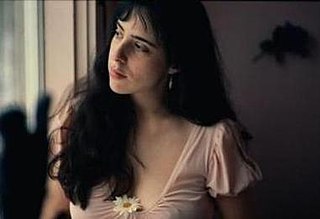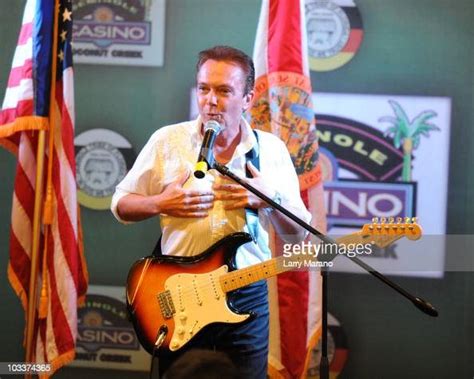A Quote by Taylor Goldsmith
When we record a song, like 'Bedside Manner,' it's important that the next time I write a somber, mid-tempo song that we don't treat it the same way.
Related Quotes
I always try to write a song, I never just want to write a record. Originally I was not writing songs for myself. ....And I can say this, most of the people who have recorded my songs are songwriters themselves. ... Even if I don't release it myself, somebody else might hear it and want to record it. When you write a song, it gives it that potential. When you write a song, a song has longevity. ... So I wanted to sing inspirational music, and that's exactly how I approached it-only the words have been changed to declare my relationship with God. Songwriting is my gift from God.
A song that sounds simple is just not that easy to write. One of the objectives of this record was to try and write melodies that continue to resonate...Everything that happens to you influences your writing...The writing process for me is pretty much always the same-it's a solitary experience...I have yet to write that one song that defines my career...Beck said he didn't believe in the theory of a song coming through you as if you were an open vessel. I agree with him to a certain extent.
My philosophy on writing a song for myself is that I always, always, always want to write a song. I always want to write a song. I realize that as a record producer or a singer or whatever I might not, if I recorded on myself or someone else, the first time out I might not give it the right treatment, so that the world or many people will accept it and it'll be a public hit, or anything like that.
When I originally wrote "Jealousy," it was more like an exercise to try to write a girl-group kind of pop song. It was really contrary to most of the material I'd ever written. I didn't pay much attention to the song after I'd recorded it. I didn't really perform it at all the last 20 years. When it came time to make the new record, I decided to make peace with the song and have fun with it.
Besides my fast and slooow songs, I further divide my work into three main song types: the ballad or story song, the variation on a theme (saying the same thing over and over and over again) song, and the weird song. It's important to have weird songs, but I find that a little weirdness goes a long way.



































